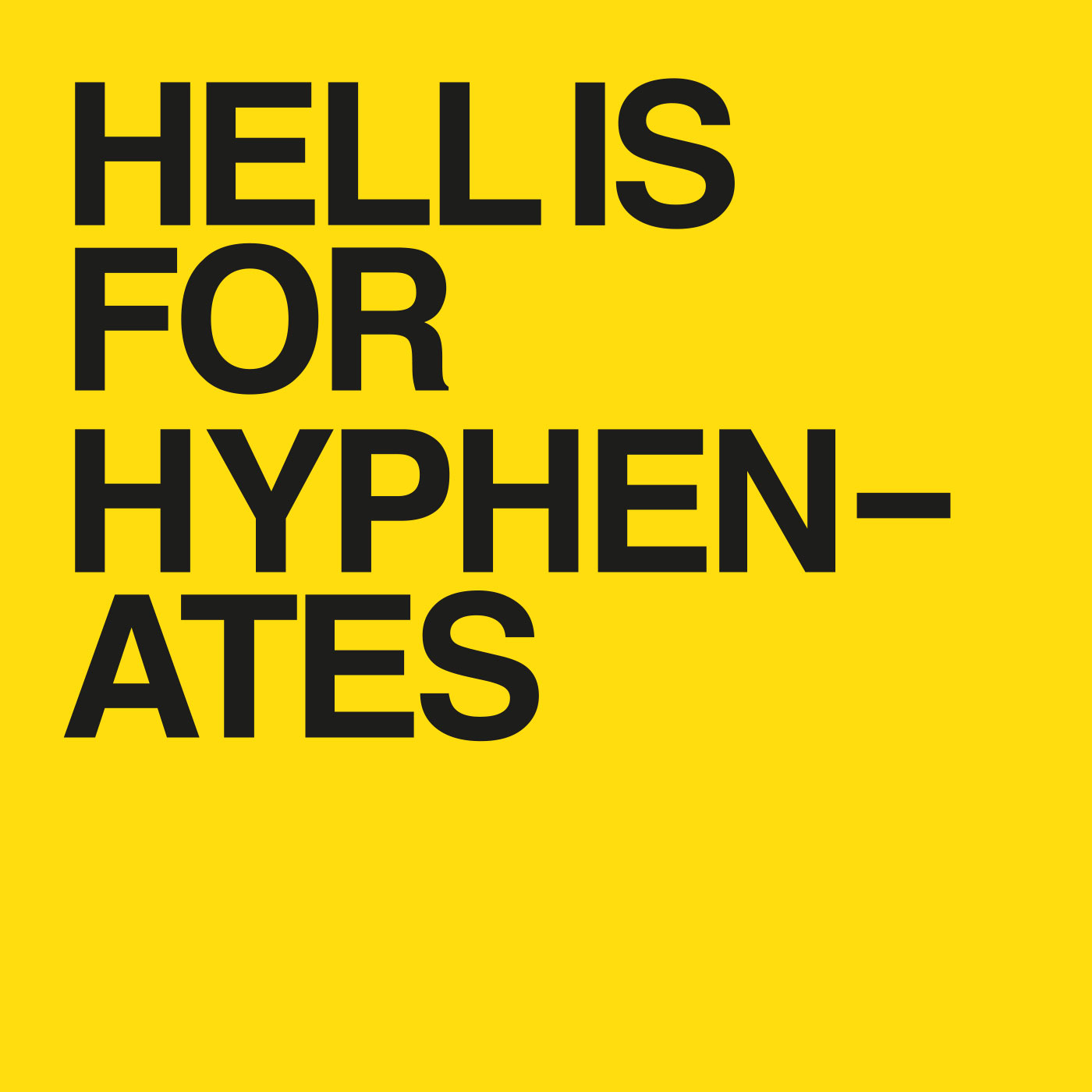- TV
- SEE MORE
- classical
- general
- talk
- News
- Family
- Bürgerfunk
- pop
- Islam
- soul
- jazz
- Comedy
- humor
- wissenschaft
- opera
- baroque
- gesellschaft
- theater
- Local
- alternative
- electro
- rock
- rap
- lifestyle
- Music
- como
- RNE
- ballads
- greek
- Buddhism
- deportes
- christian
- Technology
- piano
- djs
- Dance
- dutch
- flamenco
- social
- hope
- christian rock
- academia
- afrique
- Business
- musique
- ελληνική-μουσική
- religion
- World radio
- Zarzuela
- travel
- World
- NFL
- media
- Art
- public
- Sports
- Gospel
- st.
- baptist
- Leisure
- Kids & Family
- musical
- club
- Culture
- Health & Fitness
- True Crime
- Fiction
- children
- Society & Culture
- TV & Film
- gold
- kunst
- música
- gay
- Natural
- a
- francais
- bach
- economics
- kultur
- evangelical
- tech
- Opinion
- Government
- gaming
- College
- technik
- History
- Jesus
- Health
- movies
- radio
- services
- Church
- podcast
- Education
- international
- Transportation
- Other
- kids
- podcasts
- philadelphia
- Noticias
- love
- sport
- Salud
- film
- and
- 4chan
- Disco
- Stories
- fashion
- Arts
- interviews
- hardstyle
- entertainment
- humour
- medieval
- literature
- alma
- Cultura
- video
- Science
- en
Hell Is For Hyphenates November 2017

Emma Westwood joins us to talk the films of Roman Polanski!
\nAuthor, journalist and film historian Emma Westwood is our guest this month, joining Rochelle and Lee to talk about some of the key films of November, including Kathryn Bigelow’s historical thriller\xa0Detroit (01:20), Kenneth Branagh’s Agatha Christie adaptation\xa0Murder on the Orient Express (05:26), Yorgos Lanthimos’s modern Greek tragedy\xa0The Killing of a Sacred Deer (08:05), and DC superhero team-up\xa0Justice League (13:20).
\nThen, in the wake of 2017’s massive revelations about sexual assault and harassment in the film industry, Emma, Rochelle and Lee discuss whether it is actually possible to separate the art from the artist, and whether it is permissible to enjoy the product of makers who turn out to be monsters (16:14).
\nEmma then introduces us to her filmmaker of the month, the French-Polish director Roman Polanski (28:46). From his early years in western Europe making short films and black-and-white features like\xa0Knife in the Water\xa0(1962),\xa0Repulsion\xa0(1965) and\xa0Cul-De-Sac (1966), Polanski soon found himself snapped up by Hollywood, where he made the game-changing horror\xa0Rosemary’s Baby (1968) and the classic film noir\xa0Chinatown (1974). After\xa0Chinatown, he famously and controversially fled the US, returning to Europe where he continued to direct. His subsequent films included titles such as\xa0Tess (1979),\xa0Frantic (1988),\xa0Bitter Moon (1992),\xa0The Pianist (2002),\xa0Carnage (2011) and more. Few filmmakers are as controversial or divisive as Polanski, and in addition to discussing the films themselves, we also examine how his personal life influenced his work, and how it influences our engagement with it.